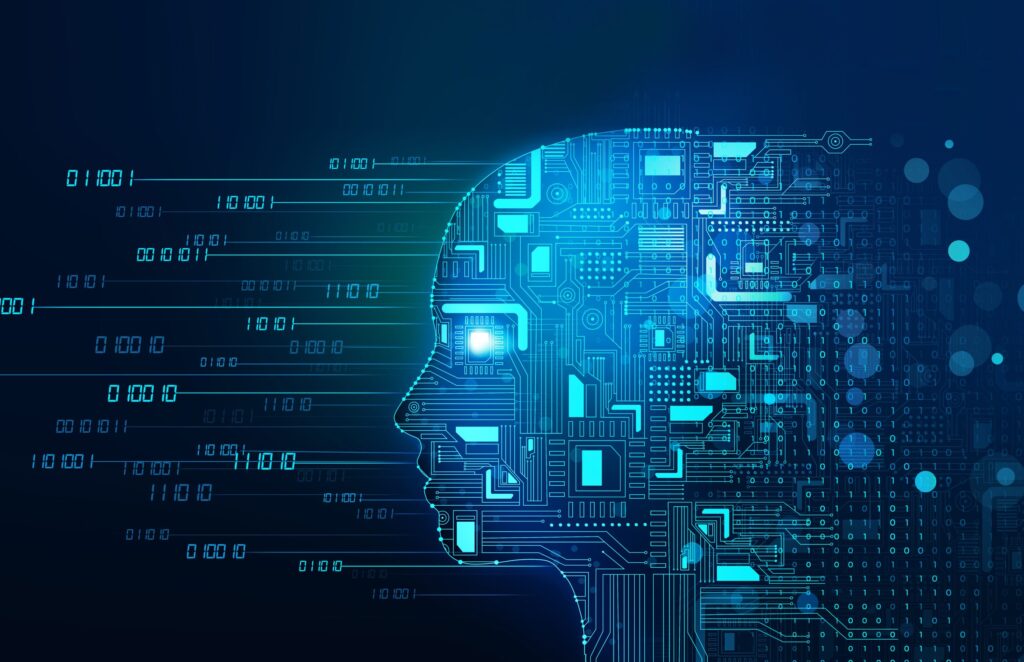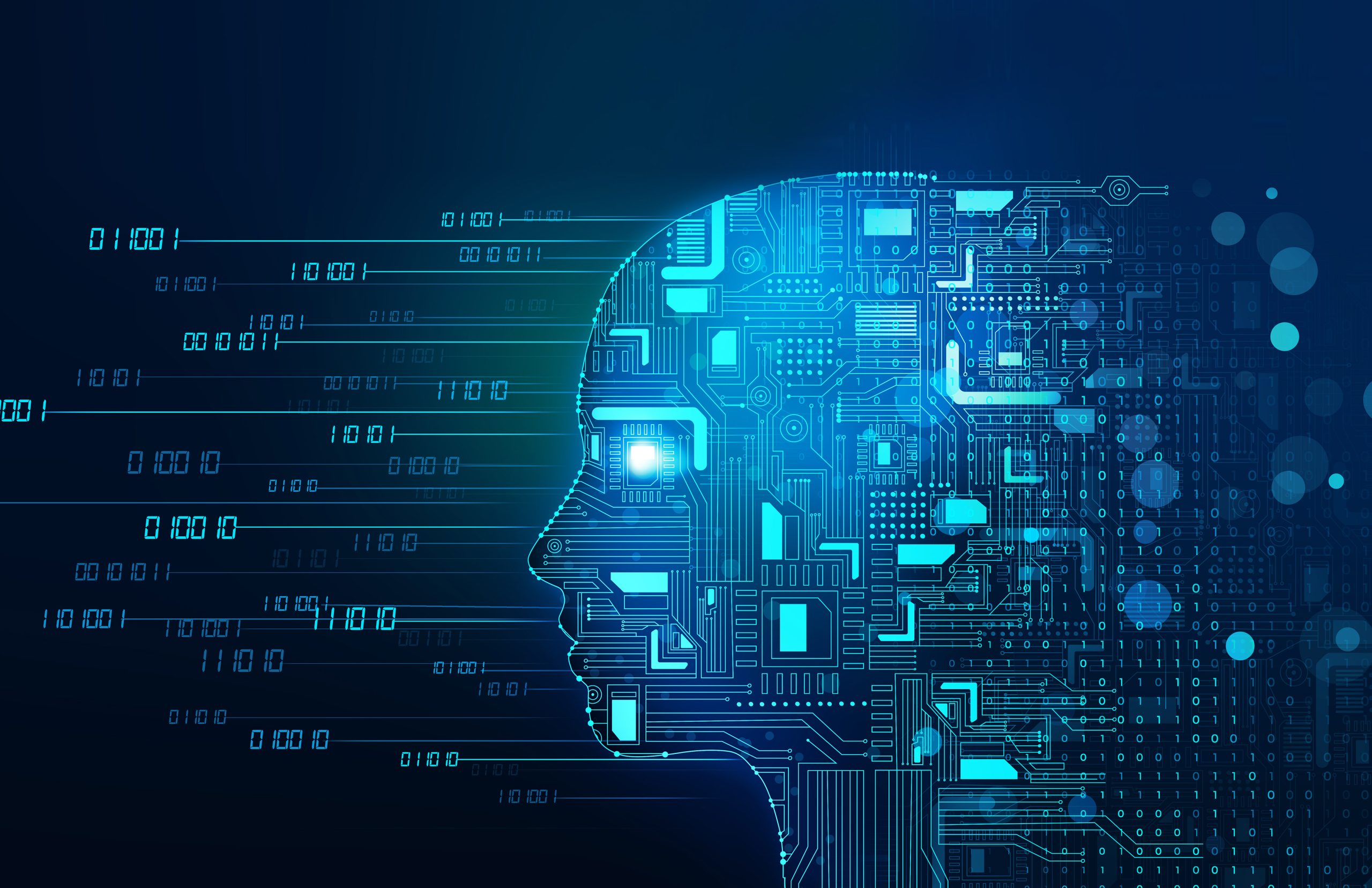
Quantum computing, a revolutionary field at the intersection of physics and computer science, holds immense promise to reshape the landscape of artificial intelligence (AI). how will quantum computing affect artificial intelligence? While classical computers have been the workhorses of AI research and applications for decades, quantum computing offers unparalleled computational power and capabilities that could transform the way AI systems are developed, optimized, and applied. In this article, we will explore the potential impact of quantum computing on AI applications, highlighting key areas where quantum technology can make a significant difference.
Speeding Up Machine Learning With Quantum computing
One of the most promising prospects of quantum computing in the realm of AI is its ability to accelerate machine learning algorithms. Traditional machine learning models often require significant computational resources and time to train on large datasets. Quantum computers, with their inherent parallelism, can potentially reduce training times exponentially.
Quantum machine learning algorithms, such as quantum support vector machines and quantum neural networks, are being developed to harness the power of quantum states to process information much faster than classical counterparts. This could lead to breakthroughs in solving complex problems, such as optimization tasks, image and speech recognition, and drug discovery, which are currently computationally intensive and time-consuming.
Solving Complex Optimization Problems
Quantum computing excels in solving optimization problems, a critical component of various AI applications. Problems like portfolio optimization, route planning, and resource allocation often involve a multitude of variables and constraints, making them computationally challenging for classical computers. Quantum annealers and quantum algorithms like the Quantum Approximate Optimization Algorithm (QAOA) offer the potential to tackle such problems more efficiently.
In the context of AI, this means improved decision-making processes for businesses and industries, as optimization problems can be solved faster and with more precision. For example, supply chain management, where optimization is crucial, could benefit greatly from quantum computing, leading to cost savings and better resource allocation.
Enhanced Cryptanalysis and Security
Quantum computing’s impact on AI is not limited to its positive applications. Quantum computers also pose a significant threat to classical cryptographic systems. Shor’s algorithm, a quantum algorithm, can efficiently factor large numbers, which is a fundamental component of many encryption techniques like RSA.
As quantum computers become more powerful, they could potentially break existing cryptographic systems, raising concerns about data security. This, in turn, will necessitate the development of quantum-resistant encryption methods and AI-driven security solutions to protect sensitive information in the age of quantum computing.
Advancements in Natural Language Processing
Natural Language Processing (NLP) is a crucial field within AI that aims to enable machines to understand and generate human language. Quantum computing can boost NLP applications by enhancing the processing of large language models and improving language translation, sentiment analysis, and chatbots.
Quantum-enhanced algorithms can handle the enormous complexity of language, potentially leading to more accurate and context-aware AI systems. Additionally, quantum algorithms could accelerate the training of deep learning models, which are widely used in NLP tasks, making it possible to develop more advanced language models and applications.
Simulating Quantum Systems
Quantum computers are inherently suited for simulating quantum systems, a task that is exceedingly difficult for classical computers due to the exponential growth of computational resources required as the size of the quantum system increases. This capability is highly relevant in fields such as quantum chemistry, materials science, and drug discovery.
In AI, quantum simulations of quantum systems can lead to the development of more accurate and efficient quantum-inspired algorithms for molecular modeling and drug discovery. This could significantly accelerate the process of drug development, leading to breakthroughs in healthcare and pharmaceutical research.
Overcoming Classical Limitations
Classical computers have limitations when it comes to solving certain problems, particularly those involving probabilistic reasoning and large-scale quantum mechanics simulations. Quantum computers, on the other hand, can naturally model and solve these problems more efficiently. This has implications for AI applications in areas like probabilistic graphical models, quantum machine learning, and quantum optimization.
Conclusion
Quantum computing holds the potential to revolutionize AI applications across various domains. Its ability to exponentially speed up computations, tackle complex optimization problems, and simulate quantum systems opens up new frontiers in artificial intelligence. However, it also poses challenges related to cryptography and data security that need to be addressed.
As quantum hardware continues to advance, it will be essential for researchers and practitioners in the field of AI to stay informed about quantum computing’s progress and explore ways to harness its power for the benefit of society. The synergy between quantum computing and artificial intelligence promises a future where AI systems are more capable, efficient, and secure than ever before, ushering in a new era of technological advancement and innovation.
